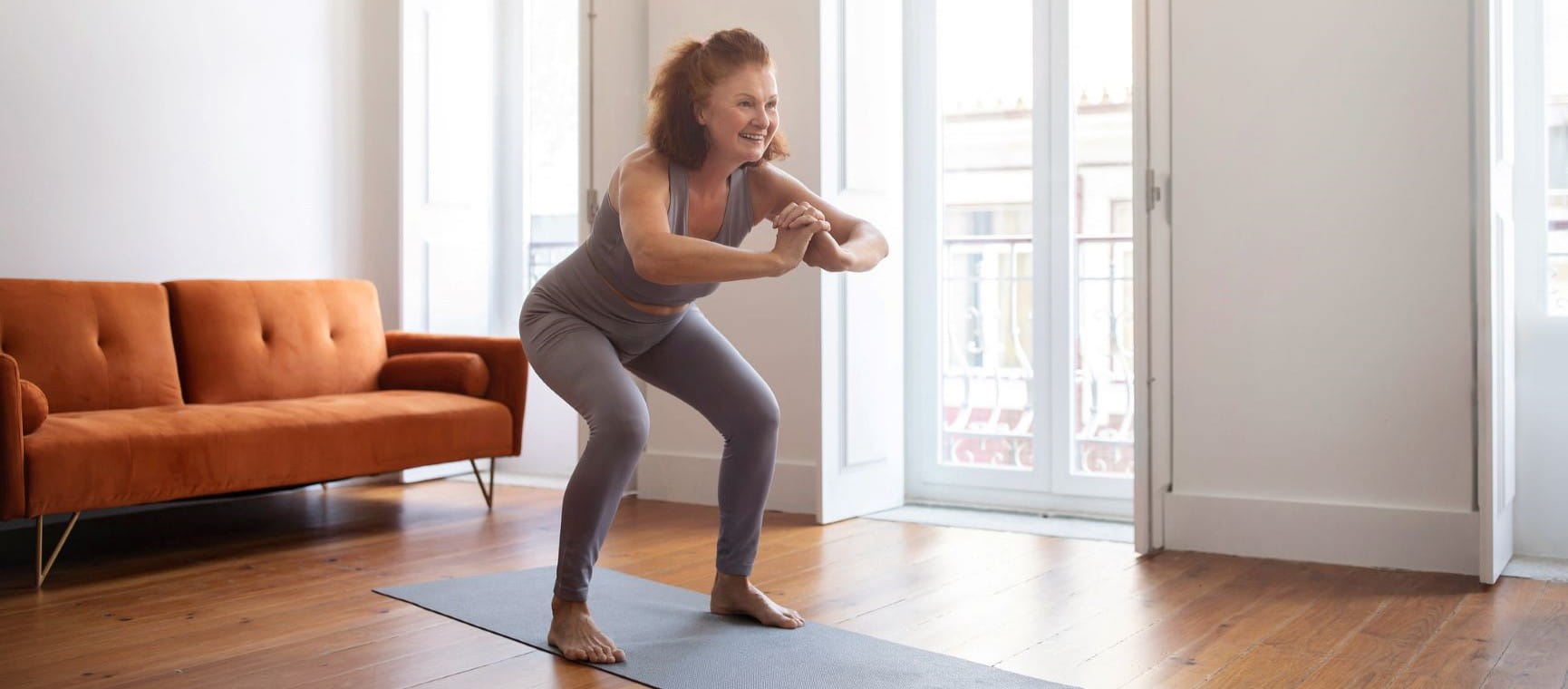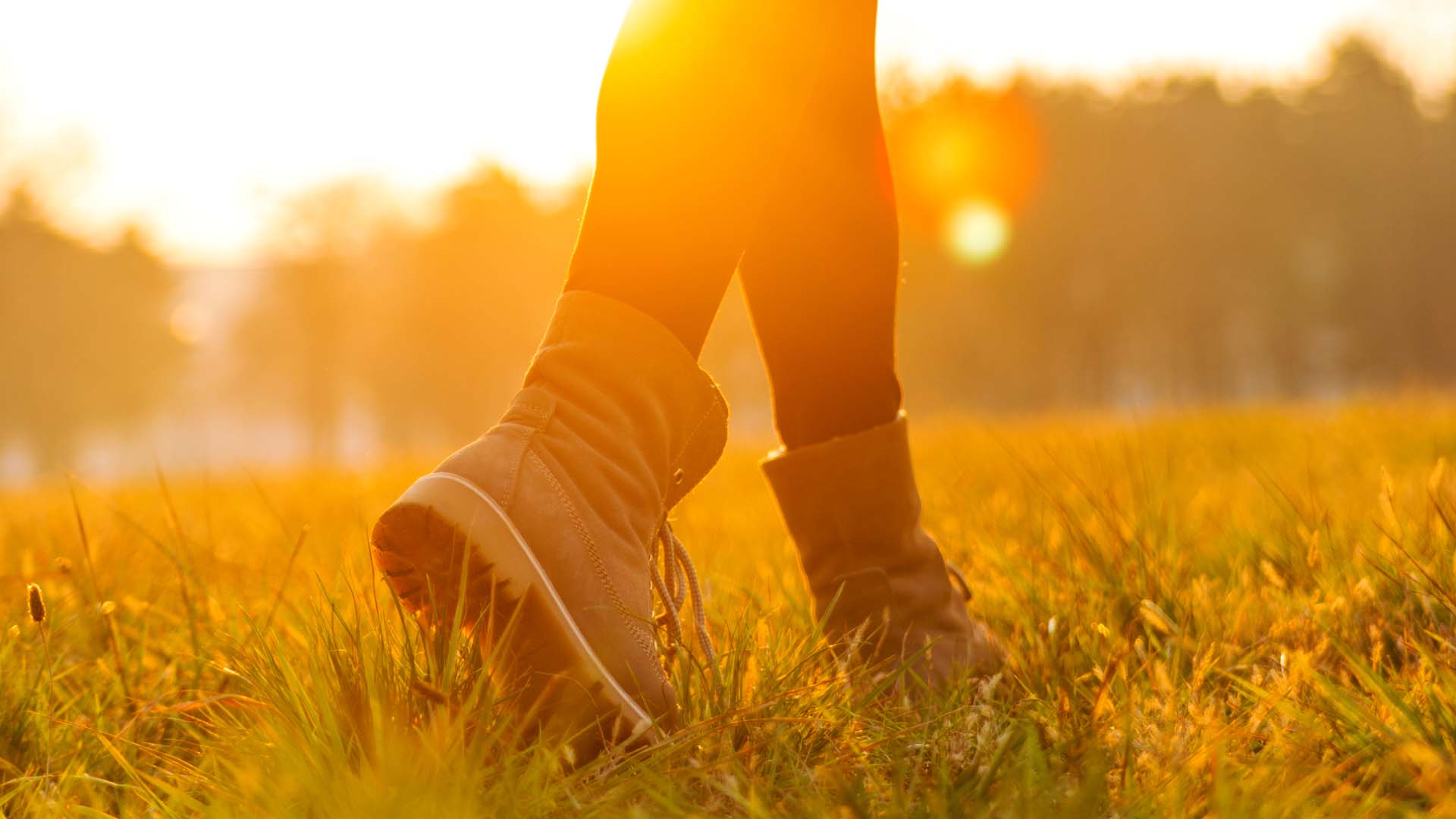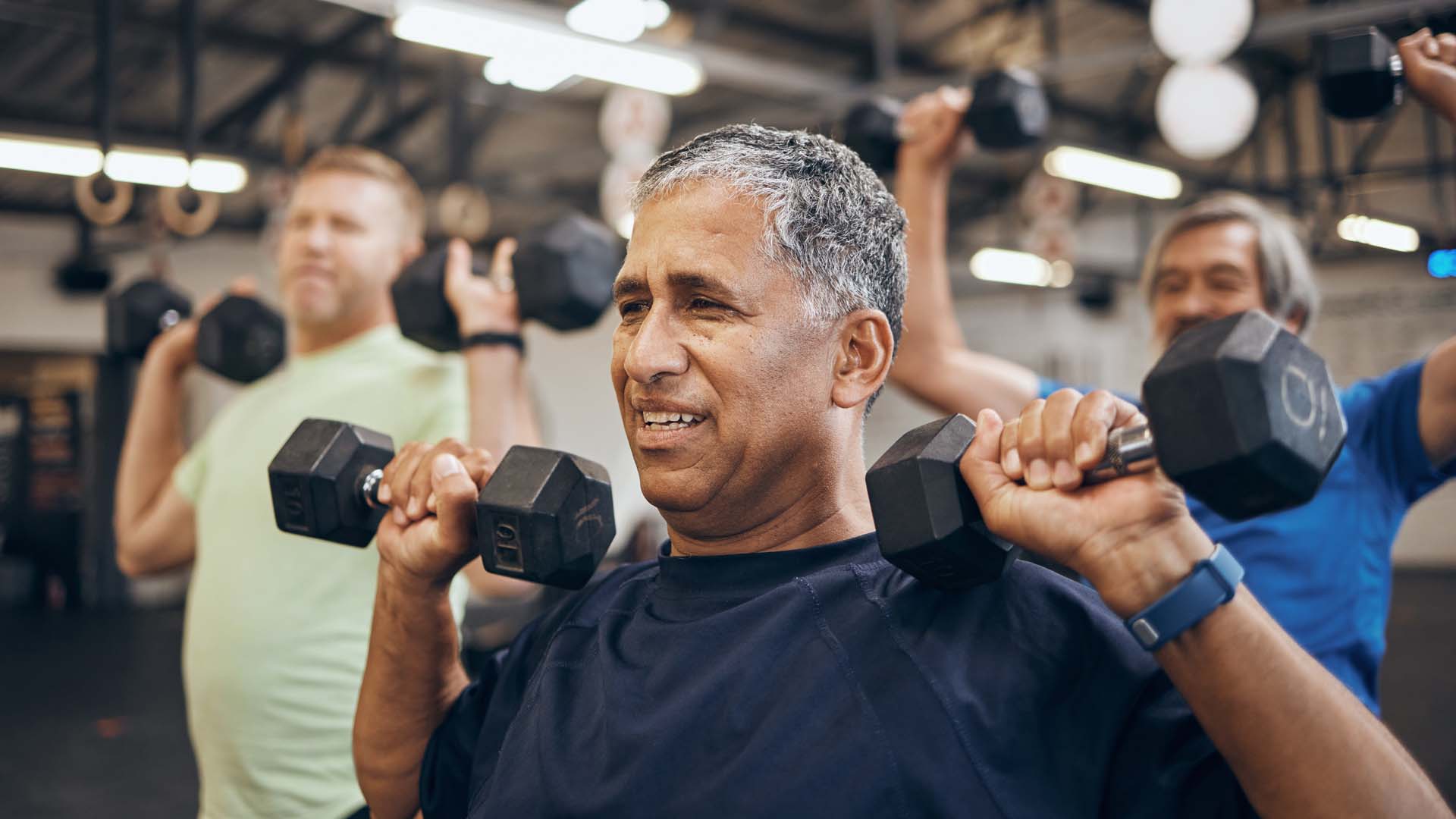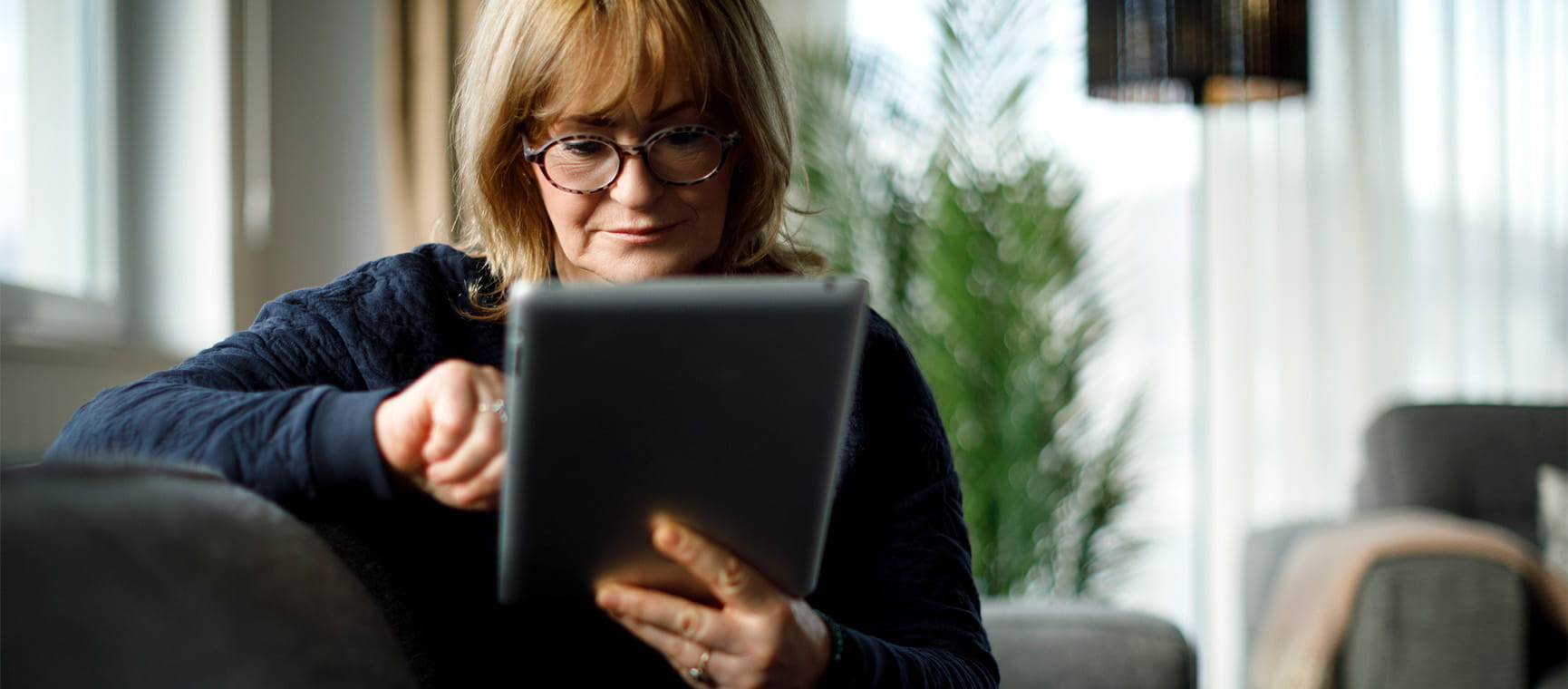The secret weapon for ageing well – can you do this key move?
The simple exercise that could help you stay independent for longer.

The simple exercise that could help you stay independent for longer.

It’s a fact that as we get older we start to lose muscle mass – this can turn into a cycle of decline, until we eventually lose our mobility and our independence. But numerous studies have shown that if we keep moving then this isn’t inevitable and we can remain strong, flexible and mobile.
Osteopath David Vaux has spent decades in private practice and as head of therapy and exercise for a leading arthritis charity. He knows that one activity above all others can make a big difference to your future health – and that’s strength training.
But it doesn’t mean that we all need to head to a gym and start pumping iron. There are simple exercises we can do at home – and there is one move, above all, that will reveal exactly how your body is faring as it ages.
Vaux is a former London firefighter who retrained as an osteopath after suffering a severe spinal injury. He works with charity Arthritis Action and is part of working groups on the UK government’s healthy ageing challenge.
His book Stronger explains how strength training is the simplest and cheapest thing you can do to transform your body as you age. It reinforces your muscles and bones, enhances your nervous system, boosts your immunity and ultimately paves the way to longevity.
Vaux says maintaining our strength is vital as we get older, but there is one simple check, the sitting-rising test, that we can all do to check how well our body is ageing.
“A squat is the main movement required to get on and off the toilet independently, the ability to get in and out of bed or navigate a staircase,” he says.
“What may seem like everyday activities to most of us, might one day take on a life-changing significance."
"So it really is a good idea to test yourself in this movement from a low chair, sofa or whatever you sit on everyday.”
A large-scale study, published in June 2025, agrees, saying that the sitting-rising test, could be an early indicator of how long you’ll live.
The research looked at how well 4,282 men and women aged between 46 and 75 could lower themselves from a standing position to the floor and then stand back up again with as little assistance as possible from their hands, knees, furniture or human helpers.
Middle-aged and older people who needed no support to sit or stand were about six times less likely to die of heart disease and other cardiovascular conditions during the next decade or so than people who wobbled and had great difficulty completing the task.
They also were less likely to die of other natural causes, including cancer.
Are you sitting comfortably? Then let’s begin with the sitting-rising test.

Vaux is adamant that we can stay independent and mobile as we age.
“There is a reason why older relatives suddenly shrink and slow down,” he says. “It’s because their fast twitch fibres shrink and wither, often converting to more hybrid or slower forms of fibre. And the only way to really engage and to prevent that is to do controlled but challenging strength training.”
“If you have a bucket list of things you want to do in retirement would you be physically confident doing them now. Will you be able to walk around that city you want to visit? Hike in the mountains? Or try a new sport?
“If the answer is no then there’s no way you’ll be able to do it in five or 10 years time unless you take action.”
Vaux says it never is too late to benefit from regular strength building.

“Invest a little bit of time, every week in what I call a strength pension. Don’t just invest in your financial health, but your physical health too."
“We know from the research that whatever age you are, you will see an improvement and will get a benefit if you start to exercise.
“If you do make that change and keep it going, then that is often enough to keep you above that threshold of needing supportive care, of being able to travel, to still go on cruises and engage in family events. Your life hasn’t been limited physically.”
But Vaux reassures us that we don’t all need to head down to the gym if we don’t want to.
“A lot of people don’t want to go to a gym,” he says. “And I don’t blame them, because they can be intimidating places, but there is an awful lot you can do at home.”

When you go shopping, instead of putting everything into one bag, carry two equally weighted bags in each hand.
Then experiment with using just using three fingers, four fingers, all fingers, to get a “farmer’s carry” which is really good for overall body strengthening.
If you are cooking and are at the counter, try standing on one leg and very slightly bending the knee you are standing on.
That ever-so-slight bend will activate the mechanisms in your knee and your nervous system that help prevent falls, which also strengthen the knee muscles that are responsible for stability.
If you are waiting for a phone call, appointment or even for your partner to finish getting ready, stand up, bend your knees and do a small squat.
Hold the wall for stability if you need to. Hold for three seconds or longer if you can. Then straighten back up again. That’s it.
Even a trip to the loo can make a difference – and that includes men. Instead of flopping down onto the toilet seat, sit down really slowly with control.
Use your muscles as you do. This eccentric loading is gold dust for knee and hip stability and strength.
This is strength work, this is strength training. You don’t need weights, you just need your own bodyweight.
Vaux says that as we get older our ability to absorb protein decreases, which means it’s more important than ever to include protein in our diet as we age.
“I am an advocate of any form of protein as part of a healthy diet,” he says. “Be it from food or ethically-approved supplements.
“Just make sure that you are getting the correct amount and the best quality possible, because otherwise, your entire biological system could be compromised in the long run, not just your muscle strength.”
Phillipa Cherryson is senior digital editor for Saga Magazine. Phillipa has been a journalist for 30 years, writing for national newspapers, magazines and reporting onscreen for ITV. In her spare time she loves the outdoors and is an Ordnance Survey Champion and trainee mountain leader.
View author page

Get 3 months free, plus a £125 Totally Rewards Wellness Gift Card when you start a new policy by the end of 19 February 2026. T&Cs apply.
Underwritten by Bupa Insurance Limited.

Get 3 months free, plus a £125 Totally Rewards Wellness Gift Card when you start a new policy by the end of 19 February 2026. T&Cs apply.
Underwritten by Bupa Insurance Limited.

We examine the science and how to best look after our brain as we get older.

Want to start winter mornings feeling energised? Follow these five simple tips.

Expert nutritionists break down the most important foods to eat in each decade as we get older.

Your neighbourhood pharmacist now offers a surprising number of services.



10 simple alternative items that can have a big effect on your health – without depriving you.


New measures for GP appointments are in the headlines, but what effect will they have for you when it comes to getting to see a doctor?

Everything you need to know about the lung infection, and how you could be ill with “walking” pneumonia without realising it.